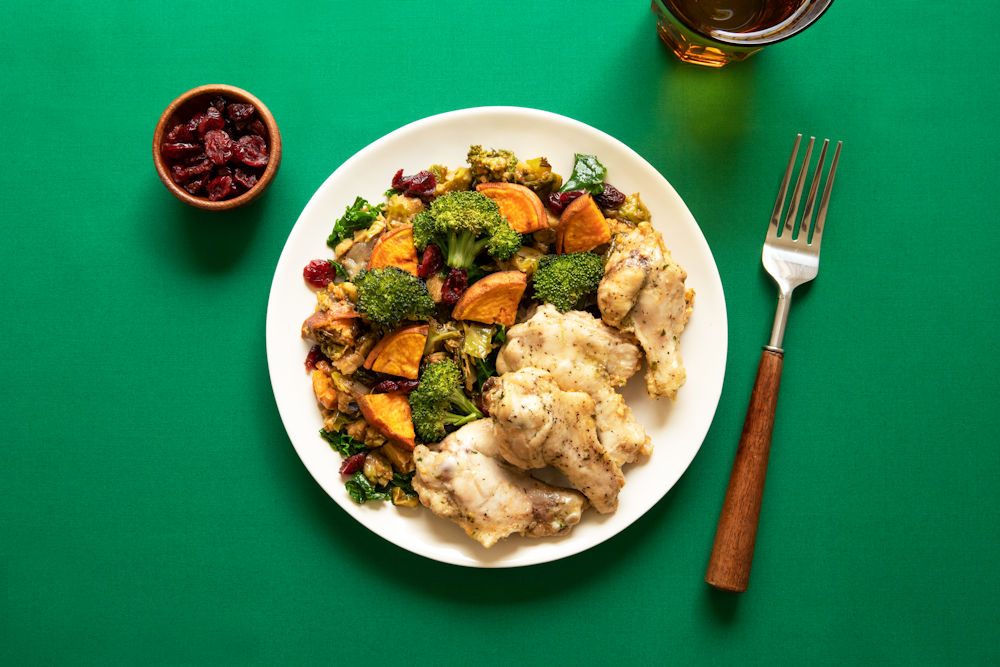Some of the biggest issues in the environment are caused by carbon emissions, resource mining, excess trash, and deforestation. While these issues are very separate and may require separate modes of confrontation, what if there was something we could do to fight them all at the same time?
One of the most recent concepts we have learned about in class is that of the black box. It is described in an article by Langdon Winner called Upon Opening the Black Box and Finding It Empty (which I have mentioned in a previous post) as “a device or system that, for convenience, is described solely in terms of its inputs and outputs.” This means that we simplify the functions of objects to what they can do for us without thinking much about how those objects do those things. With this idea in mind, I propose a method of addressing climate change that will impact ALL of the aforementioned areas of emissions, resource extraction, waste, and land destruction, as well as how it will accomplish those things. The method I suggest is: consuming and producing less food.

Source: unsplash.com
The most obvious way eating less can promote a more sustainable world is by reducing waste; by putting less food on our plates, the more likely we won’t throw any away. According to the U.S. FDA, 30-40% of the country’s food is trashed every year. To put that into perspective, if every person had three meals a day, one of them is thrown into the dump rather than consumed. So, by buying less at stores and making sure you eat everything you have, landfills will not be full of food that doesn’t need to be trashed in the first place. To make it simpler, it’s better to get seconds because you didn’t have enough on your plate than to take too much and not be able to eat it.
As for the other issues, the way they are impacted by less food consumption is through the packaging/preparation processes used to get food to consumers. The majority of containers used to store food at stores are plastic, and plastic is created from oil that is taken from the ground. Therefore, if not as much food was eaten, there would be less amounts of oil extraction required to store food. And because not as much plastic is needed, there would be less necessity to remove trees for the creation of new oil rigs and less emissions produced to make and operate those rigs. This chain of events shows how everything can influence each other if the right means are provided to bring them together.
I could even keep going. Less food consumption would mean that we wouldn’t need to use as many resources to raise/grow the food itself. Not as many animals would need to be fed and not as many crops would need treatment against harmful bugs. We could even turn some of the excess land used for food into a restoration area and plant more trees.
Overall, there is a lot that can result from the simple action of eating and producing less food. It is also a practice that everyone can participate in, and it isn’t something as drastic as shutting down factories or developing expensive electric-powered objects to address emissions. In my post about politicization, I brushed on the efficacy of providing everyone with the means to promote sustainability by using the example of price. In this post, I do the same by using food. The more people who can implement sustainable methods into their lives, the more effective those methods will be.
My suggestion of decreasing the amount of food we consume can be treated like any other habit we want to apply to our lives – by being patient and practicing.